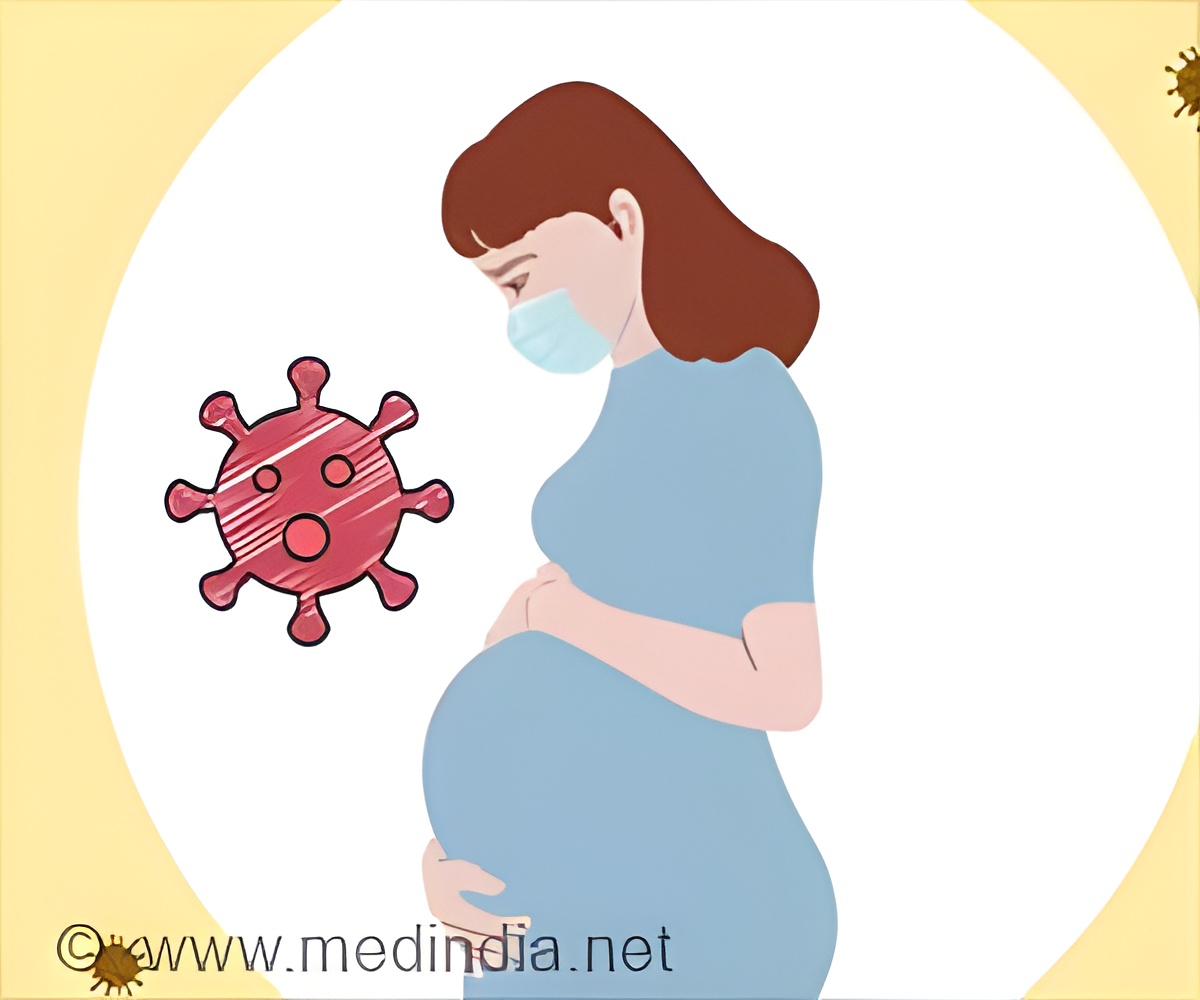
COVID-19: A Possible Risk Factor for Neurodevelopmental Disorders
To investigate the association between COVID-19 infections during pregnancy and increased risk of neurodevelopmental disorders such as autism spectrum disorder, scientists examined electronic health records for 18,355 live births during the COVID-19 pandemic, including 883 (4.8%) of individuals with SARS‐CoV‐2 positivity during pregnancy.‘Male children born to mothers with COVID-19 infection were more likely to develop neurodevelopmental disorders such as autism.’
Tweet it Now
Of the 883 COVID-19-exposed children, 26 (3.0%) received a neurodevelopmental diagnosis during the first 12 months of life. Among the COVID–19–unexposed offspring, 317 (1.8%) received such a diagnosis. The findings are published in JAMA Network Open.After accounting for race, ethnicity, insurance status, hospital type, maternal age, and preterm status, maternal COVID-19 positivity was associated with nearly two-fold higher odds of a neurodevelopmental diagnosis at 12 months of age among male children. However, it was not linked with a higher risk in female children.
At 18 months, the effects were more modest in males, with positivity linked to 42% higher odds of a neurodevelopmental diagnosis at this age. Too few of the mothers were vaccinated to determine whether vaccination changed risk.
The neurodevelopmental risk associated with maternal SARS-CoV-2 infection was disproportionately high in male infants, consistent with the known increased vulnerability of males in the face of prenatal adverse exposures.
Researchers are hopeful of continuing to expand this study and follow them over time, to provide better answers about any longer-term effects.
Advertisement
Source-Eurekalert














